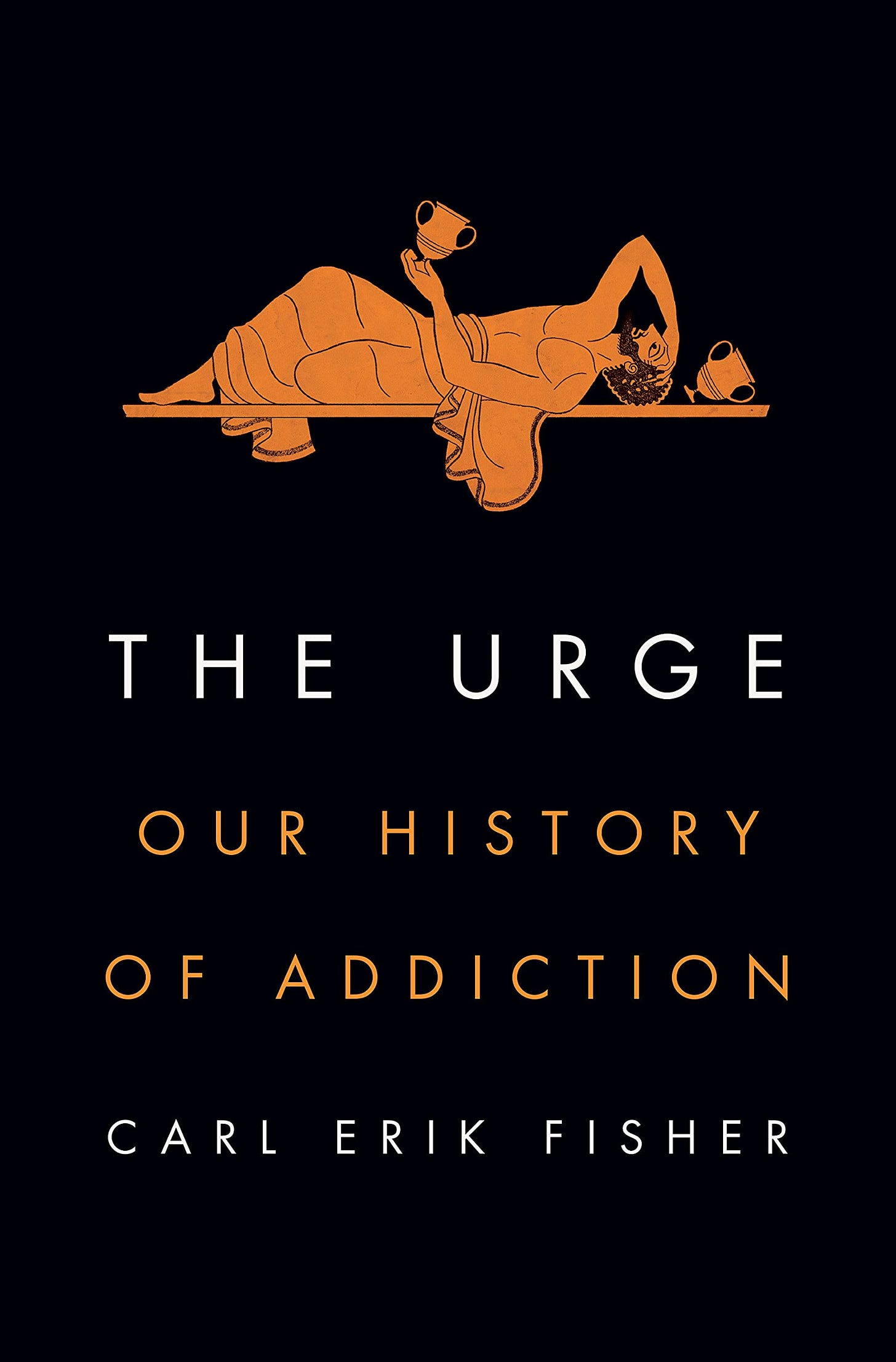#12 "I was still left with this big question: what exactly had gone wrong in me?"
9 Questions with Dr. Carl Fisher, author of The Urge, on the disease model, addiction supply industries, the difference between faith and hope, and the history and future of recovery
I first read about Dr. Carl Erik Fisher, the author of the recently published The Urge: Our History of Addiction (public library), in The New York Times, in an Op-Ed about why calling addiction a disease is misleading, and then I reached out to him so I could make him my friend, which I have succeeded at.
We’ve had a few really fascinating conversations since our first chat back in January; he is a genuinely caring, brilliant human who also happens to be an addiction doctor (psychiatrist) and an Assistant Professor of Clinical Psychiatry at Columbia. He has an insatiable curiosity for the subject matter, lived experience (he’s in recovery), and a humanist lens; he’s here for the people and that’s evident in everything he does; he gives a shit in that kind of way that makes you want to give even more of a shit. I reviewed The Urge in my February book roundup (I highly recommend you grab a copy.)
Below is a written Q&A he completed for this newsletter. On Wednesday, instead of the Round…




